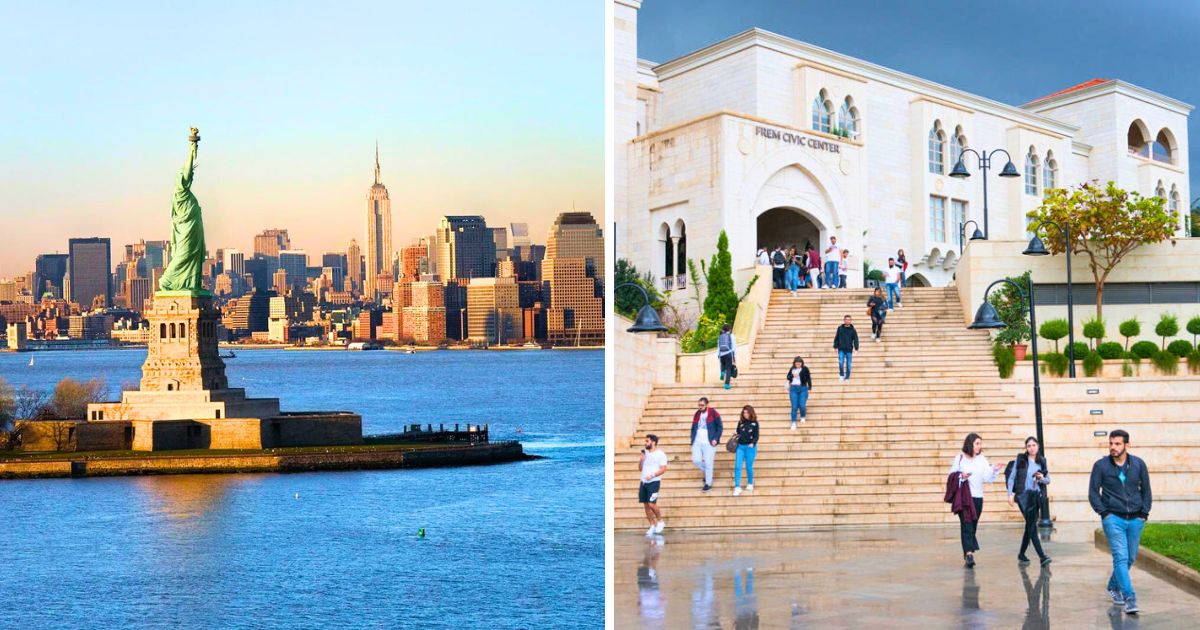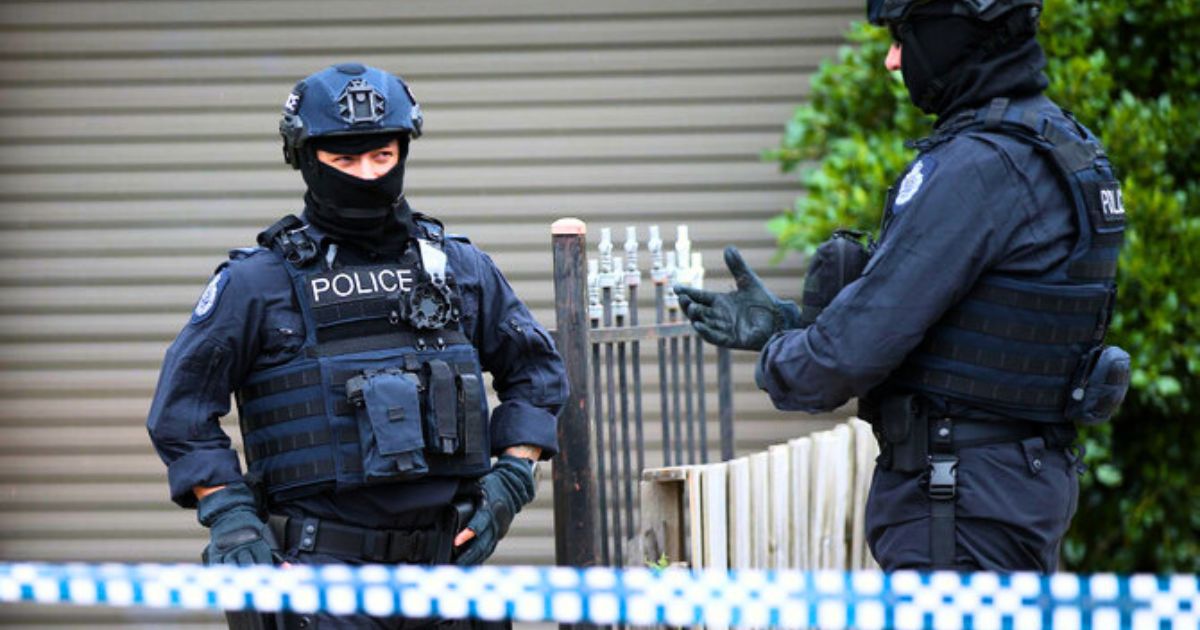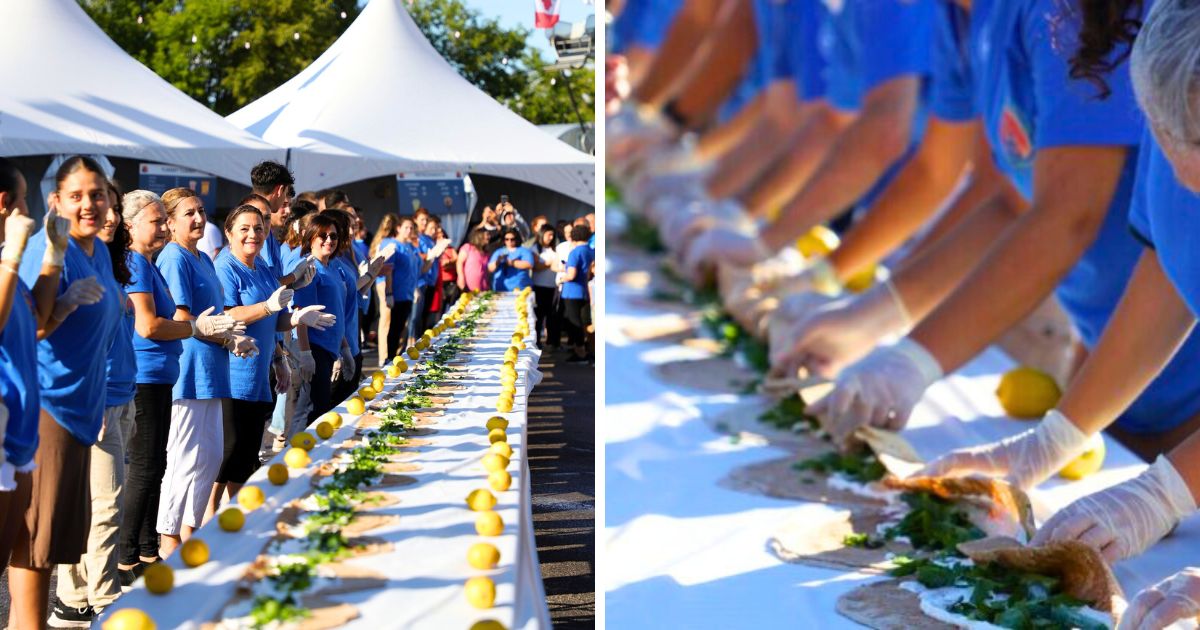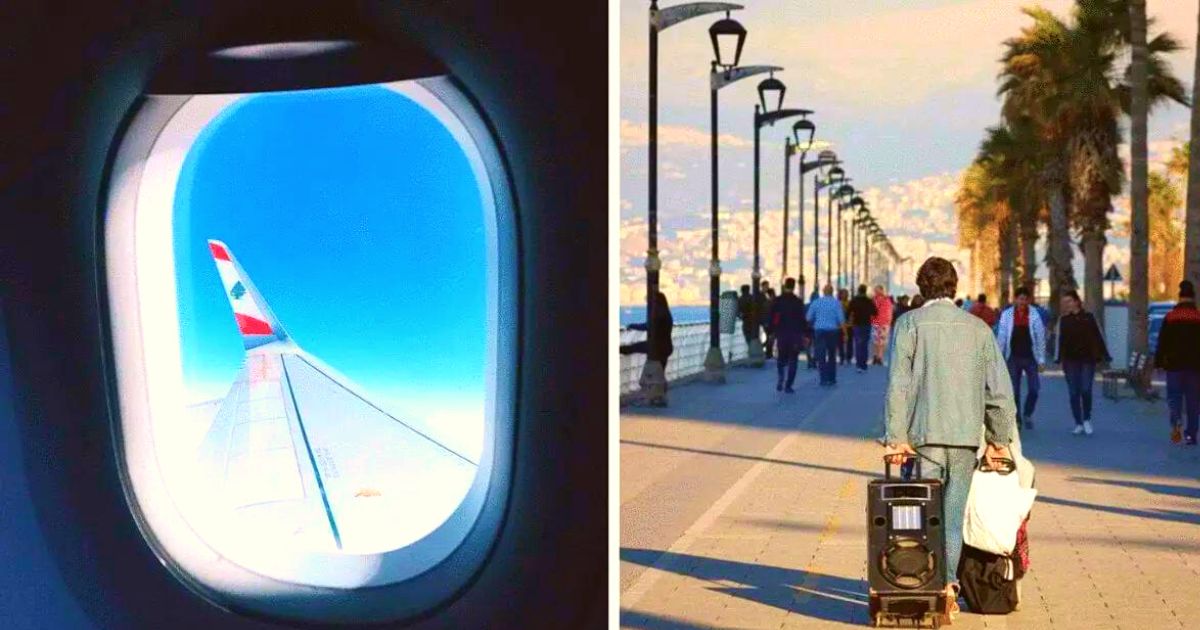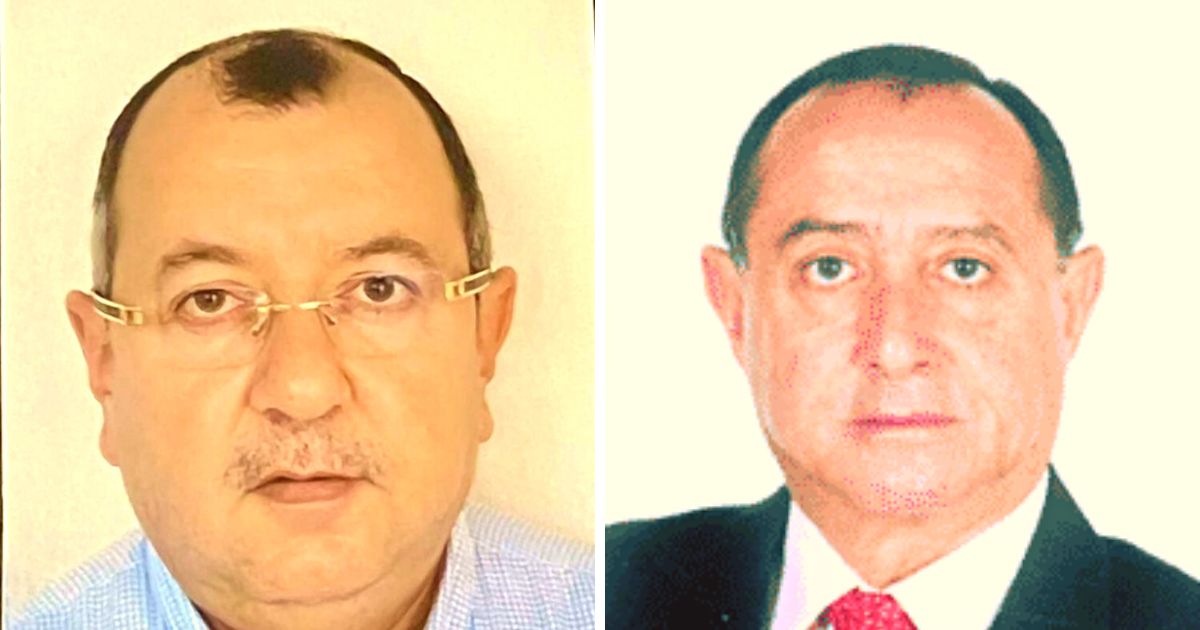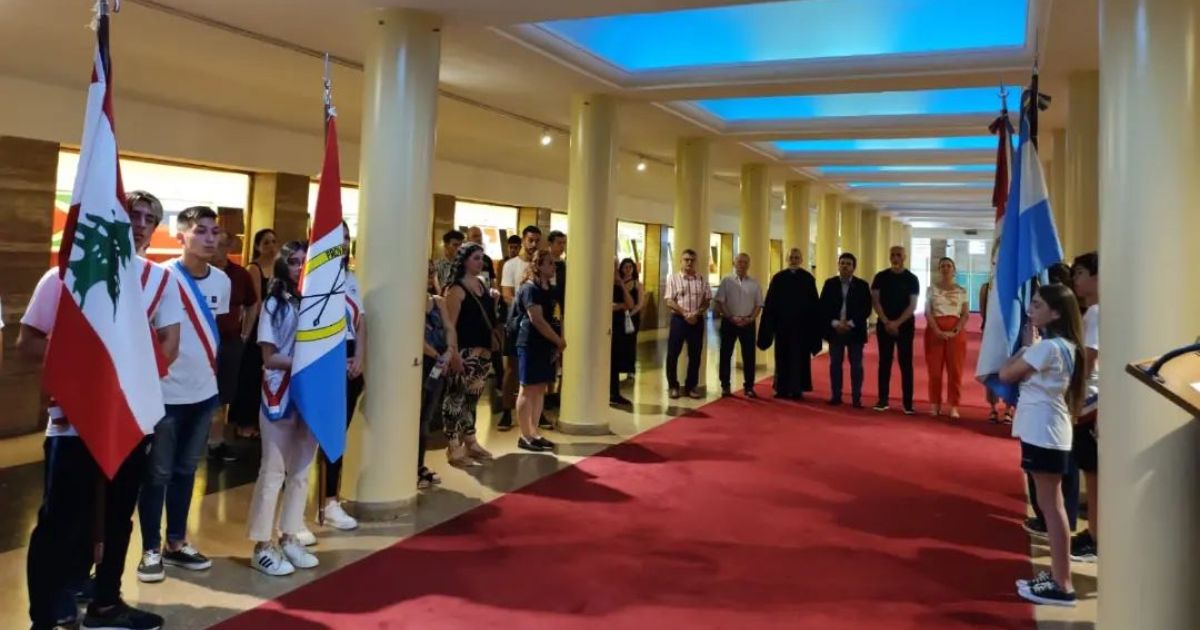Last year, we wrote about a Lebanese man named Fadi Boukaram who visited every place called “Lebanon” in the United States.
Boukaram found out that there are 47 cites called “Lebanon” in 37 states. “Some states have two Lebanons, such as Kentucky which has a Lebanon and a Lebanon Junction,” he said.
He visited 46 cities from November 2016 to March 2017. He would have visited the 47th city in Colorado if his RV wasn’t stolen.
Boukaram is now re-visiting 15 of the cities and planting cedar trees! The first city on his list is Wilson County, Tennessee where he planted a cedar sapling at Don Fox Park on Baddour Parkway, according to a source.
How did it all start?
In April 2005, Boukaram got accepted into a state university in San Francisco. In August, he landed in the United States. Of course, he experienced culture shock and homesickness. So he decided to type the word “Lebanon” on Google Maps to look at familiar roads.
However, the result was not what he expected at all. Instead of getting the country Lebanon, he got Lebanon, a city in Pennsylvania.
Boukaram was surprised, so he decided to search more. He found out that there are 47 places called Lebanon in the United States. These places are ghost towns, small communities, and cities.
When he had enough money and time to travel, he decided to go on a trip to visit all the “Lebanons” in the States. To make things easier, he programmed an algorithm to calculate the shortest way around.
So why are these places called Lebanon?
It all goes back to the times when the Puritans settled down in America in the 15th and 16th centuries.
Known to be extremely religious people, the Puritans named Lebanon any place that had trees. They associated trees with the cedar tree which is represented in the Bible as a symbol of strength and longevity.
A journey to find seven cedar trees sent from Lebanon
Lebanon’s former president Camille Chamoun offered cedar tree saplings to seven towns called Lebanon in America. These towns are located in Oregon, Nebraska, Indiana, Tennessee, Missouri, New Hampshire, and Ohio.
Boukaram wanted to find those trees. The imported saplings have been fumigated and put in a nursery. Unfortunately, only one managed to survive. In the end, Boukaram said there’s one thing in common between these towns and Lebanon: Lebanese and American rural regions are very similar because people there are very welcoming.









